Leather Restoration Timing Tips
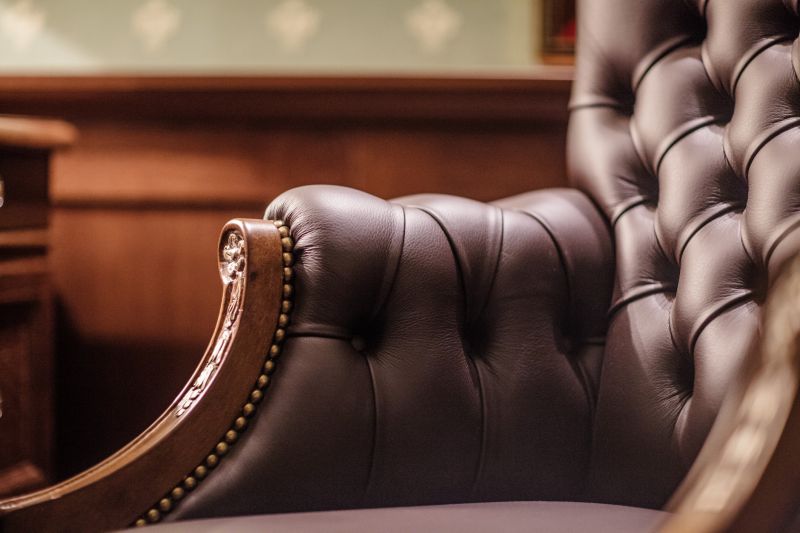
Spring offers optimal conditions for leather restoration due to moderate humidity and temperature levels.
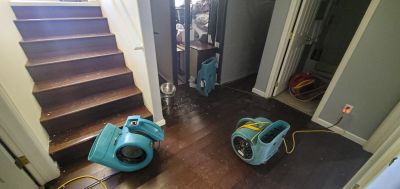
Performing restorations during summer can be effective, but high heat and humidity may affect drying times.

Autumn's cooler, stable environment can be ideal for detailed leather restoration projects.

Ways to make Leather Restorations work in tight or awkward layouts.
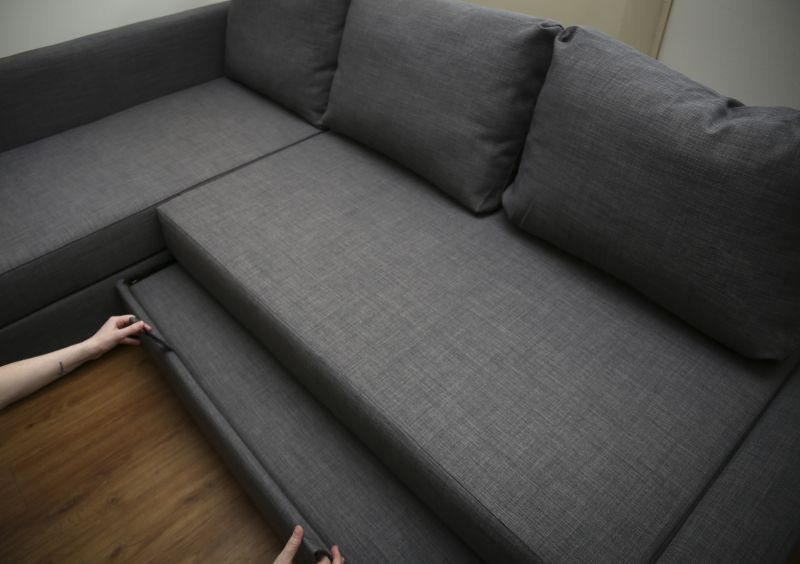
Popular materials for Leather Restorations and why they hold up over time.

Simple add-ons that improve Leather Restorations without blowing the budget.
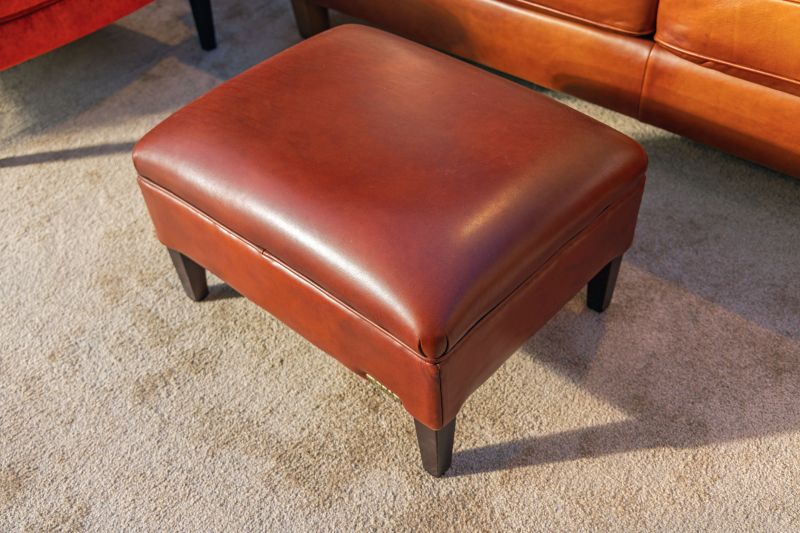
High-end options that actually feel worth it for Leather Restorations.

Finishes and colors that play nicely with Leather Restorations.
Leather restorations involve repairing and rejuvenating aged or damaged leather surfaces to restore their appearance and durability. Proper timing enhances the effectiveness of restoration treatments, ensuring longevity and optimal results. Factors such as humidity, temperature, and leather condition influence the best timing for these procedures.
Statistics indicate that leather restoration success rates improve when performed during seasons with stable environmental conditions. Approximately 70% of restorations show enhanced durability when scheduled in optimal weather periods, reducing the risk of future damage caused by environmental stressors.
Leather naturally ages over time, developing cracks, fading, and stiffness without proper maintenance.
Techniques include cleaning, conditioning, repairing cracks, and recoloring to restore leather's original appearance.
Properly restored leather can last for many years, with some treatments extending lifespan by over 50%.
Environmental conditions significantly impact leather's aging process and restoration outcomes.
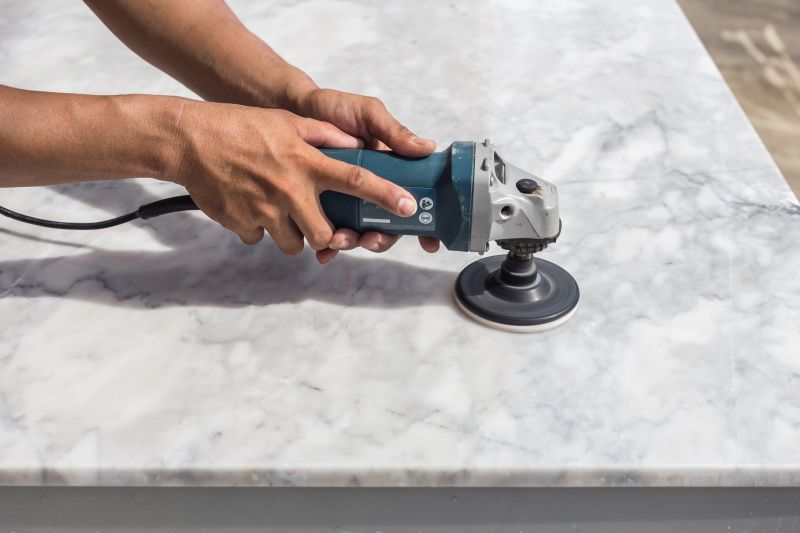
Specialized tools are used for cleaning, repairing, and finishing leather surfaces.
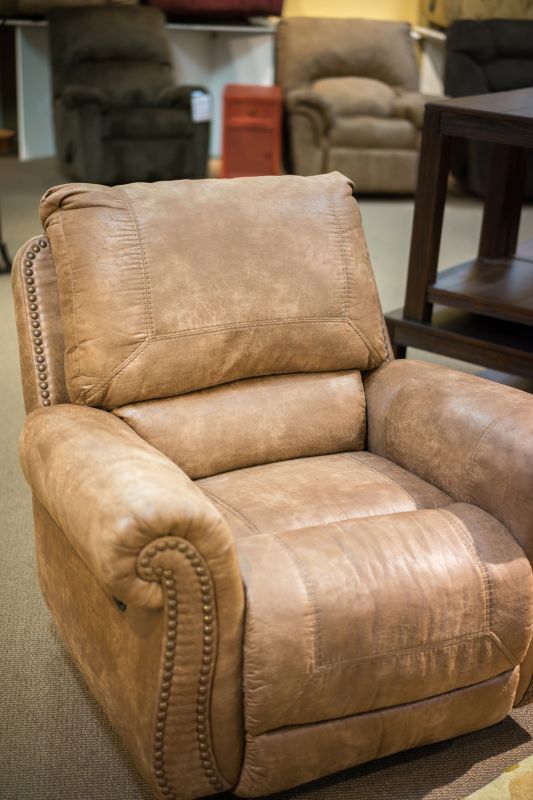
Visual examples demonstrate the transformative effects of professional leather restoration.
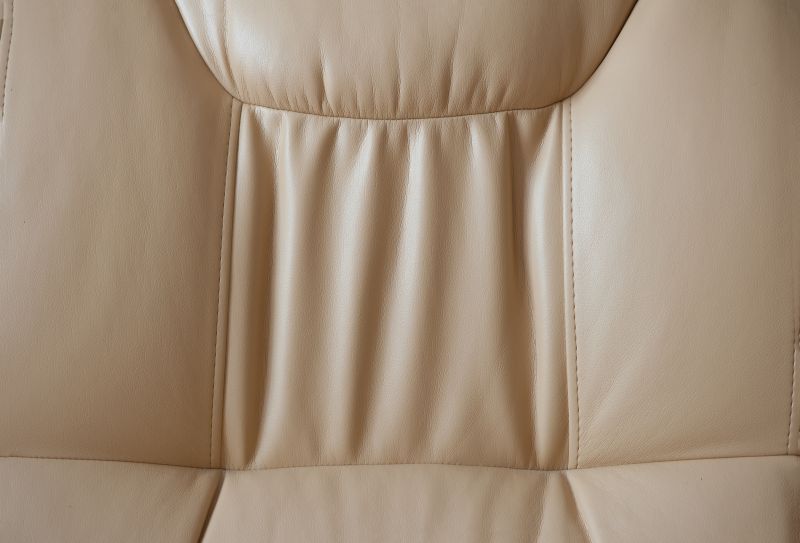
High-quality fillers, dyes, and conditioners are essential for effective restoration.

Step-by-step procedures ensure comprehensive repair and rejuvenation.
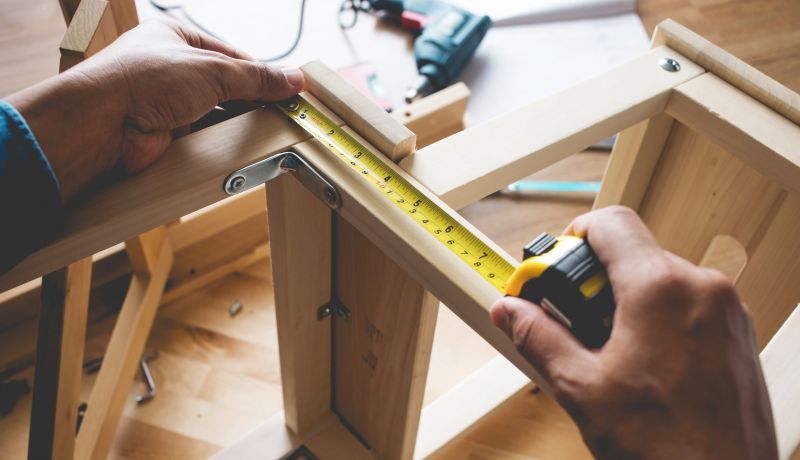
Little measurements that prevent headaches on Leather Restorations day.
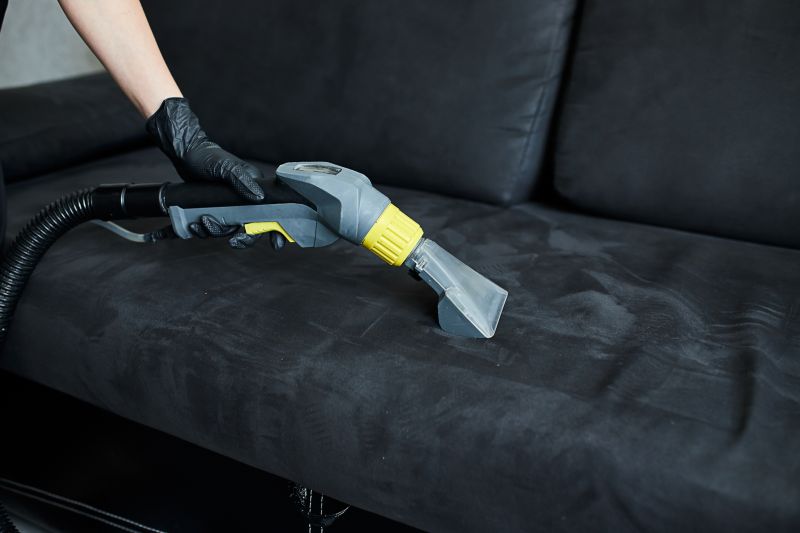
A 60-second routine that keeps Leather Restorations looking new.
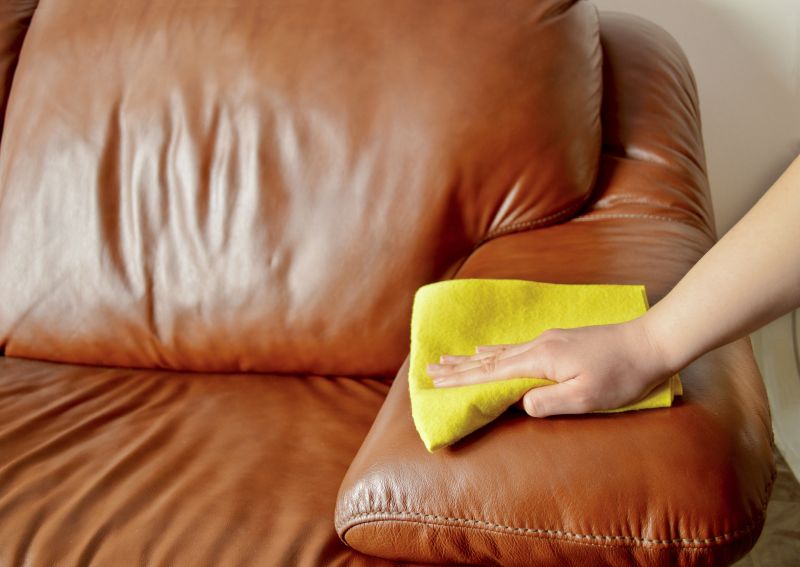
A frequent mistake in Leather Restorations and how to dodge it.
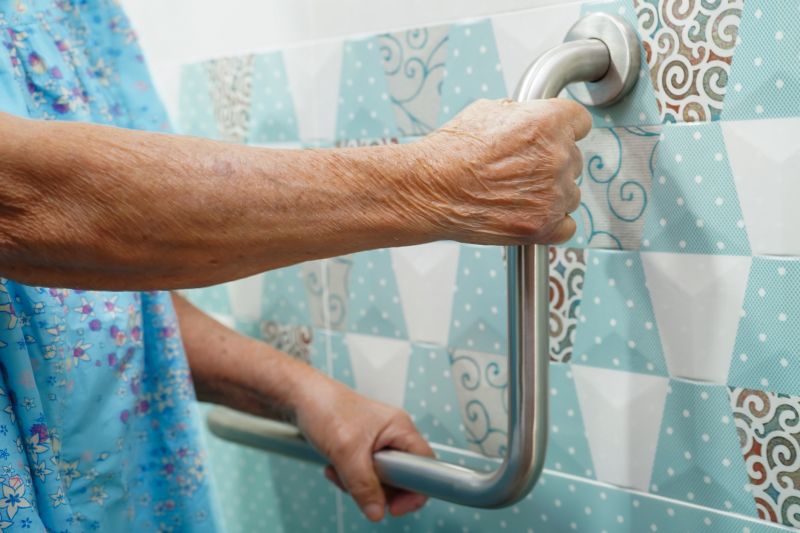
Small tweaks to make Leather Restorations safer and easier to use.
| Season | Best for Leather Restorations |
|---|---|
| Spring | Yes |
| Summer | Conditional |
| Autumn | Yes |
| Winter | Less Ideal |
Choosing the right time for leather restoration can significantly impact the durability and appearance of the finished product. Optimal conditions help ensure proper drying and adhesion of restoration products, reducing the risk of future damage.
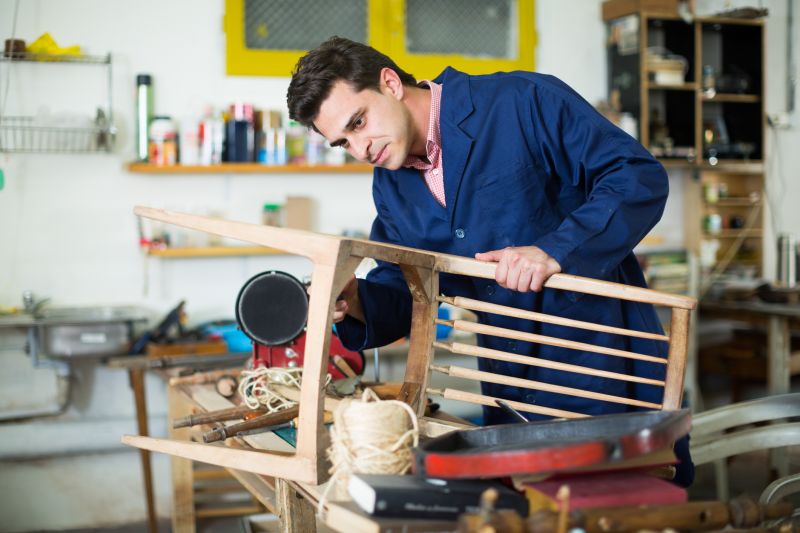
Professional workshops utilize advanced techniques to restore leather effectively.
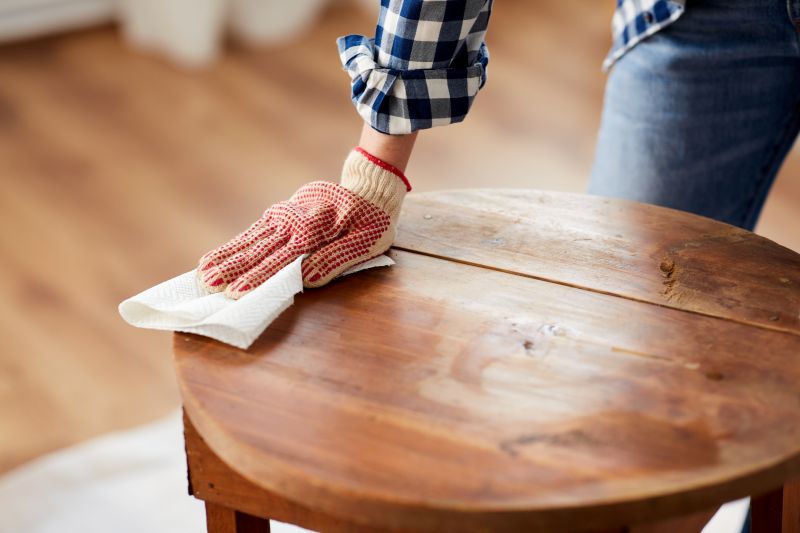
Proper cleaning and preparation are critical before applying restoration treatments.
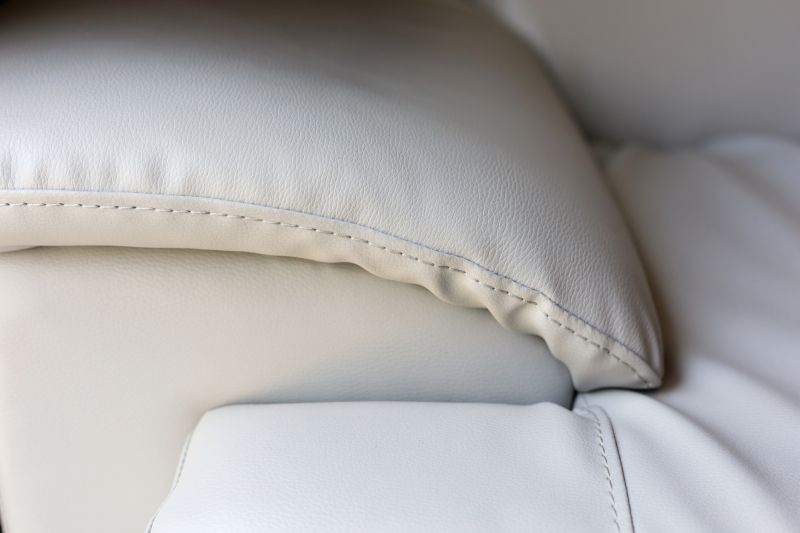
Accurate color matching ensures seamless repair and restoration.
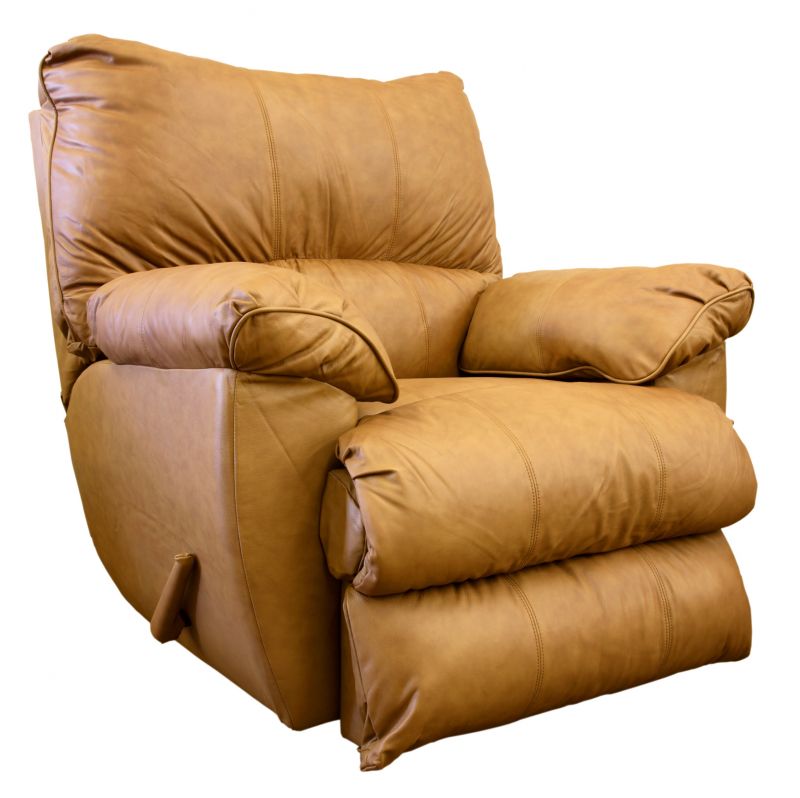
A protective finish seals the restoration, enhancing durability.
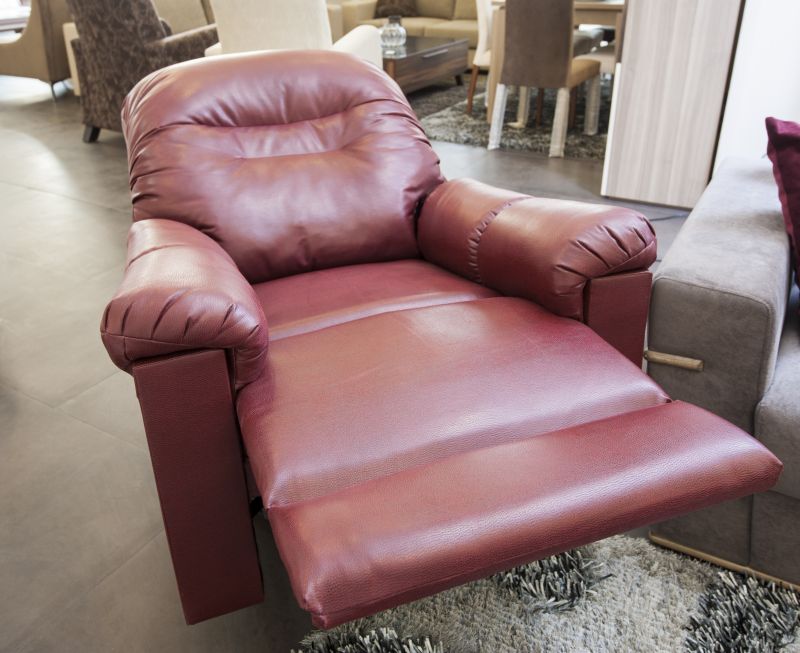
Lower-waste or water-saving choices for Leather Restorations.
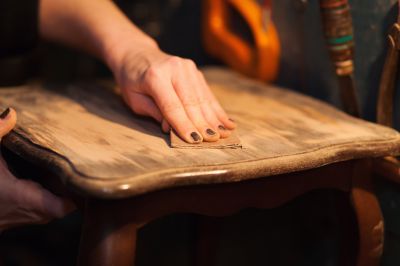
The short, realistic tool list for quality Leather Restorations.
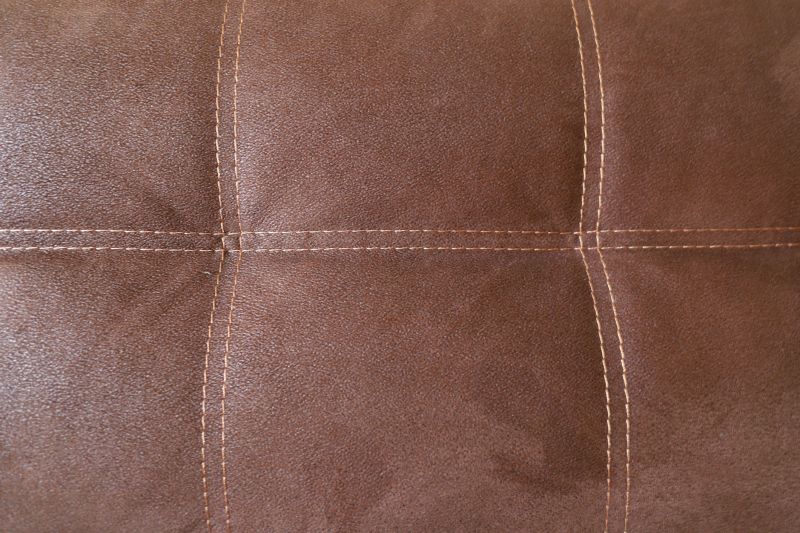
Rough timing from prep to clean-up for Leather Restorations.
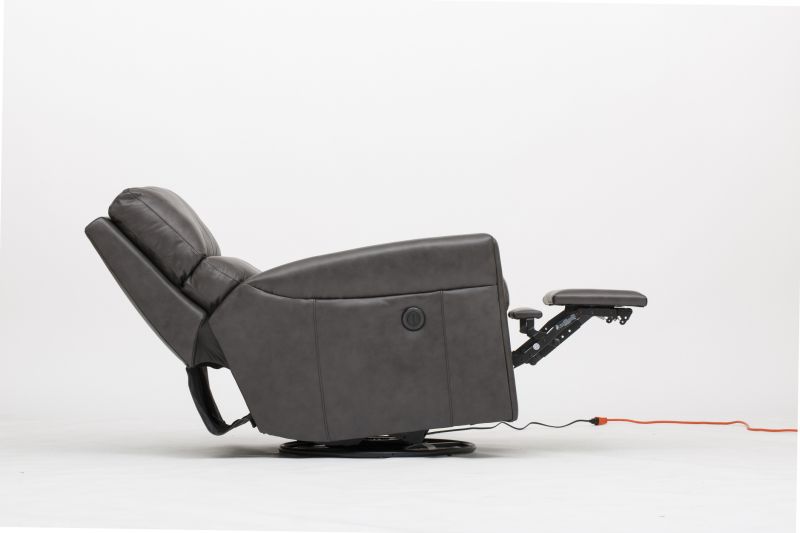
Quick checks and paperwork to keep after Leather Restorations.
Interested individuals should consider scheduling leather restorations during seasons with stable environmental conditions. Proper timing and professional techniques can extend the lifespan of leather products and maintain their aesthetic appeal.



